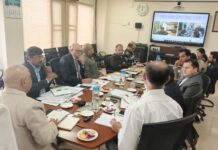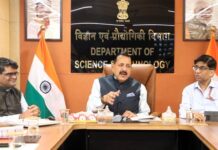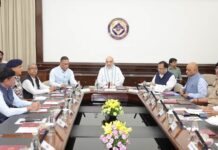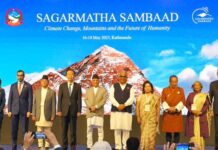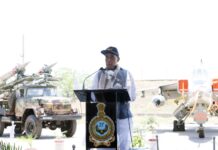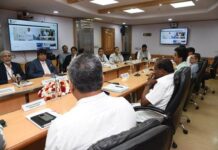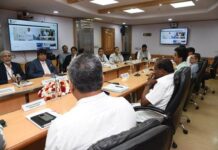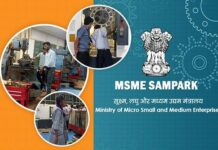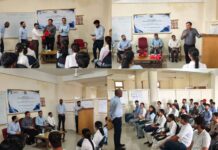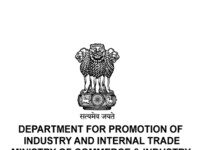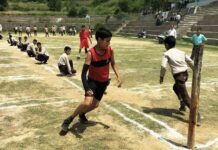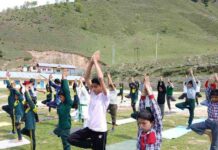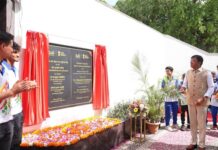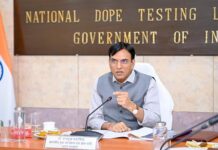The Conference is specifically targeted at sharing best practices and facilitating progress in districts which have substantial scope for improvement. This event is being organized to ensure that the objectives of the Mission are expedited and the intended benefits reach the last mile as targeted in line with vision of Prime Minister. Major thematic areas which will be under discussion are:
- Awas: progress of sanctions and construction of houses.
- Roads: Progress of works of road connectivity
- Anganwadis: Construction and operationalization of the AWCs for PVTG Habitation
- School Hostels: Progress of sanctions and construction of the hostels.
- MPC: Construction and operationalization of Multi-Purpose Centers (MPCs)
- VDVK: Operationalization including training, business plan development and toolkit distribution
The conference will feature breakout sessions focused on each core area, with participation from State Tribal Welfare Departments (TWD), District Magistrates, and their teams, including the PO ITDA and the DSWO/DWO/ in-charge of Tribal Welfare (3 members per District). The Line Ministries and Departments (Ministry of Rural development, Dept of school education, Ministry of Women and Child, Dept of water and Sanitation and Ministry of Tribal Affairs) involved in PM JANMAN will moderate these sessions and present the final action plans with the key focus on saturation of interventions in all the PVTG habitations.
A total of 88 districts from 18 States will engage in discussions and share insights draw out action plan on the implementation of PM JANMAN. These 88 districts have been grouped into 6 batches. The Ministries and Departments responsible for the 6 core areas identified for the conference have also been organized into 6 groups. The districts recognized as high performers in these core areas will present their best practices to the other districts. At the conclusion of the breakout sessions, the six participating ministries and departments will present consolidated action plans and discuss the way forward to ensure effective implementation.
Through this conference, the Ministry aims to bridge the gap between policy and grassroots and seeks to significantly expedite the implementation of PMJANMAN, ensuring that its benefits reach every corner of the 18 participating States, particularly targeting the most remote and underserved communities. By focusing on the last mile, PMJANMAN is designed not only to address the immediate needs of these communities but also to create sustainable, long-term changes in their lives, improving their access to essential services, enhancing their socio-economic status, and preserving their cultural heritage.
Ministry of Tribal Affairs is committed towards, the goal for inclusive growth and empowerment, enabling PVTGs to thrive within the broader development framework for lasting change.
Source (PIB)





